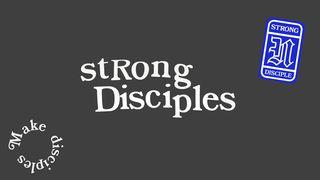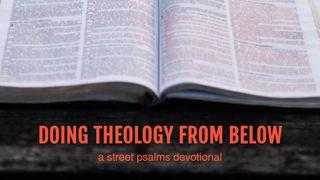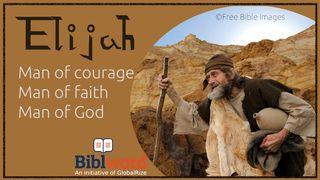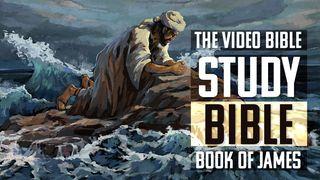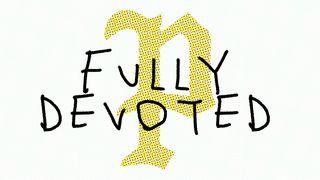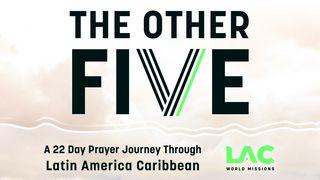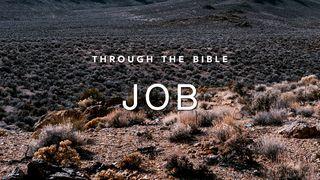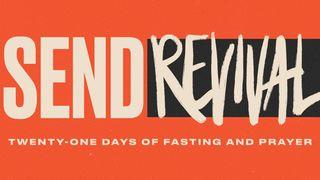Deuteronomy: At Journey's EndSample
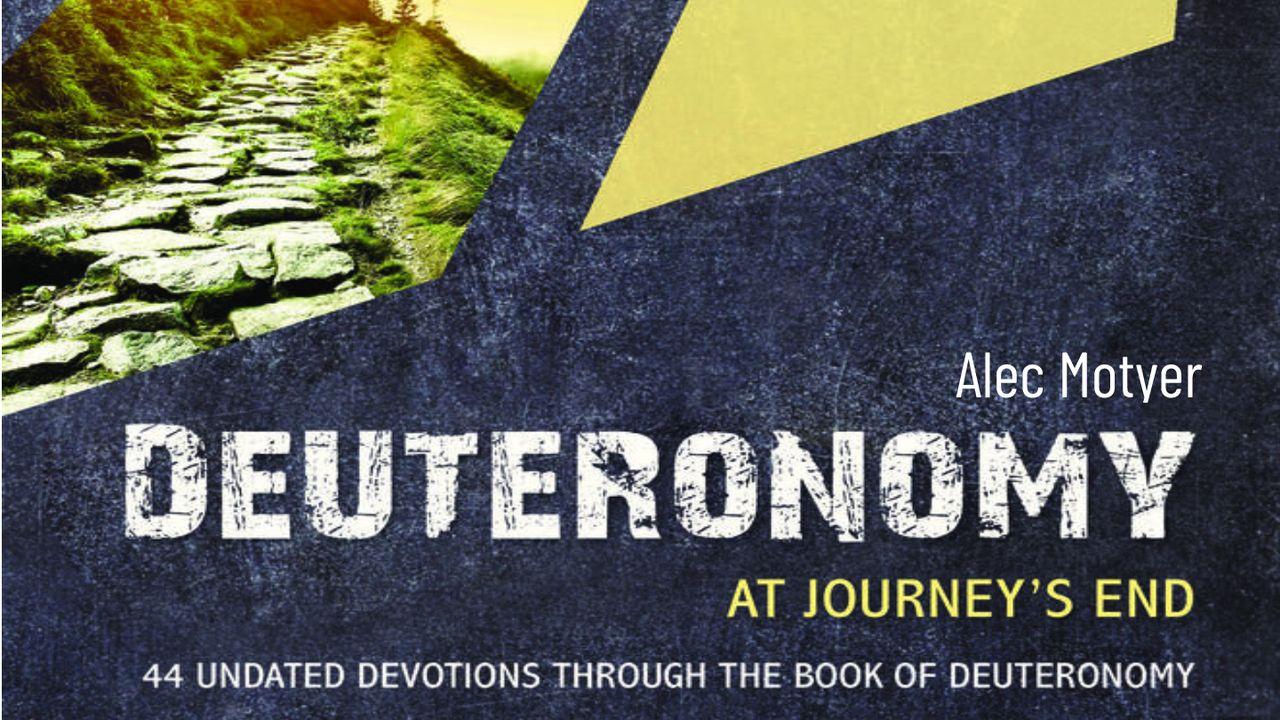
War is a holy thing
If David had read Deuteronomy as 17:18–20 directed, he would never have made war as he did, led astray by unthinking ‘kingly’ logic – ‘am king, have army, will fight’. Chapter 20 has in mind the wars of occupation of the Promised Land. David was indeed the best of the kings and a standard the remainder rarely achieved, but where, for example, was the voice of the Lord directing him to war against the pathetic scrap of the house of Saul (2 Sam. 3:6)? What justified him in attacking Hadadezer just because his back was turned and he was preoccupied elsewhere (2 Sam. 8:3; Ps. 60)?
According to Deuteronomy 20, first, war must be specifically and divinely authorised (vv. 1–4). The priest calls the people to war and accompanies the call with the assurance that the mighty God of the Exodus guarantees victory (vv. 1, 4). Their confidence is not the hollow piety of politicians who trumpet ‘the justness of our cause’ and ‘the help of Almighty God’, but the assurance that this is the Lord’s war before it is theirs.
Secondly, considerations of humanity take pride of place above ‘the war effort’ (vv. 5–9) – with regard for the enjoyment of property (v. 5), land (v. 6) and marriage (v. 7), and discharge papers for all those for whom military service would be an intolerable burden (v. 8). How very far this is from the sentiment that the only way to fight a war is to hit the enemy with every weapon to hand! It is also far from the oft-repeated mantra of the 1940s, ‘Don’t you know there’s a war on?’, and its justification for every intrusive, thoughtless inhumanity!
Thirdly, in verses 10–20, Deuteronomy turns to rules of engagement – the priority of peacemaking (v. 11); discriminatory action against those who will not make peace (vv. 12–14); and the difference between foes afar and foes near (vv. 15–18). When we find ourselves revolted by the ‘completely destroy’ edict of verse 17, we need to ask if we share the Bible’s view of the horror of false religion and its influences. For while we would not imitate the practice (cf. 1 Kgs 18:40), we are called to share the revulsion.
Finally, in verses 19–20, think of the wilderness desolations of First World War battlefields, or the burnt-out shells of Coventry or Dresden, and compare this with the ecologically sensitive requirements of verses 19–20.
Reflection
The armour Christians wear is the armour of the Gospel to engage in the war of the Gospel (Eph. 6:10–18; 1 Thes. 5:8).
Scripture
About this Plan

In these daily undated devotions, Alec Motyer explores the timeless truths of Deuteronomy and applies them to our lives today. Just as the Israelites did, we can appreciate the wonder of God’s grace to us through repentance, experience His committed love for us, and learn more about walking in His ways.
More
We would like to thank 10ofThose for providing this plan. For more information, please visit: https://www.10ofthose.com/
